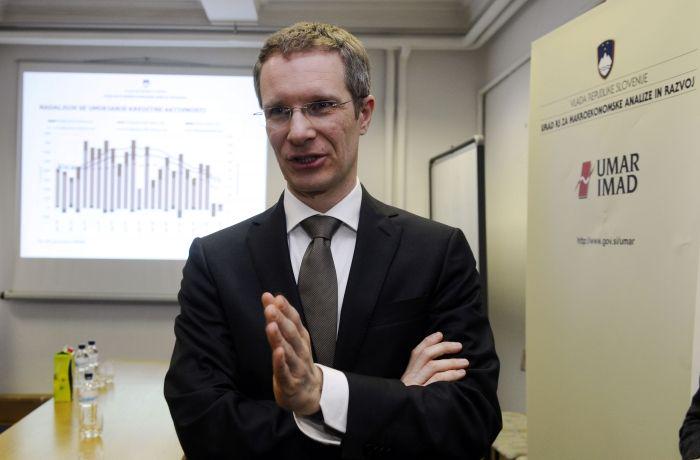
The government is getting ready to start pay negotiations with the public sector, after Miro Cerar's previous government failed to reach a deal with the unions. But the public sector is not the only sector which wants higher wages. "The pressure on wages is increasing, mostly because of the current conjuncture. Our economic growth is 2,5-times higher than in the EU average. Slovenia has the highest number of employed persons since independence, and that puts additional pressure for wage increases," explained the acting head of the government’s macro-economic think-tank (IMAD), Boštjan Vasle.
IMAD warns that the wage increase must be in line with the country's productivity, which must remain to be one of Slovenia's main goals. Last year, IMAD revealed that productivity in Slovenia was 20 percent lower than the EU average. Big changes in population structure can also be expected. The number of those actively working is decreasing. The working age population, according to IMAD's forecast, will decrease every year for 12 to 13 thousand people, which means by more than 60,000 people in five years.
Vasle also warned that every wage increase in the public sector has to take into account the fiscal framework, which can be influenced by the slightest changes. The funds the government puts aside for its employees already represents 25 percent of all its outgoings. And although there is a belief, that the average pay in the public sector is higher, IMAD says it is not completely so.



























































